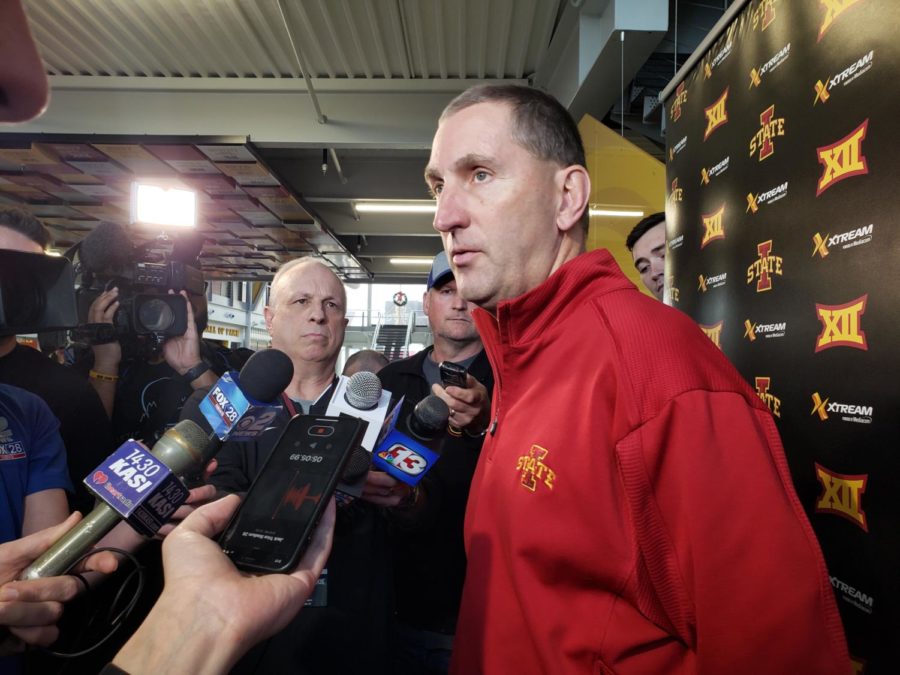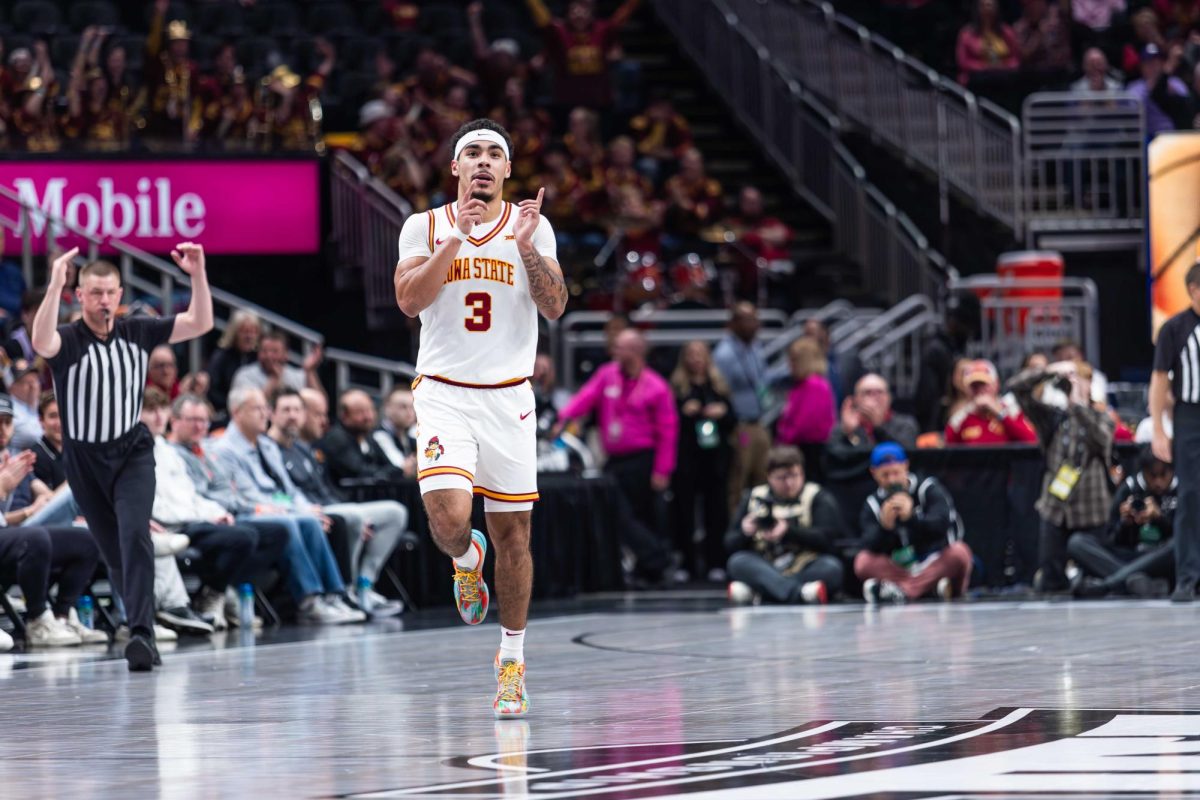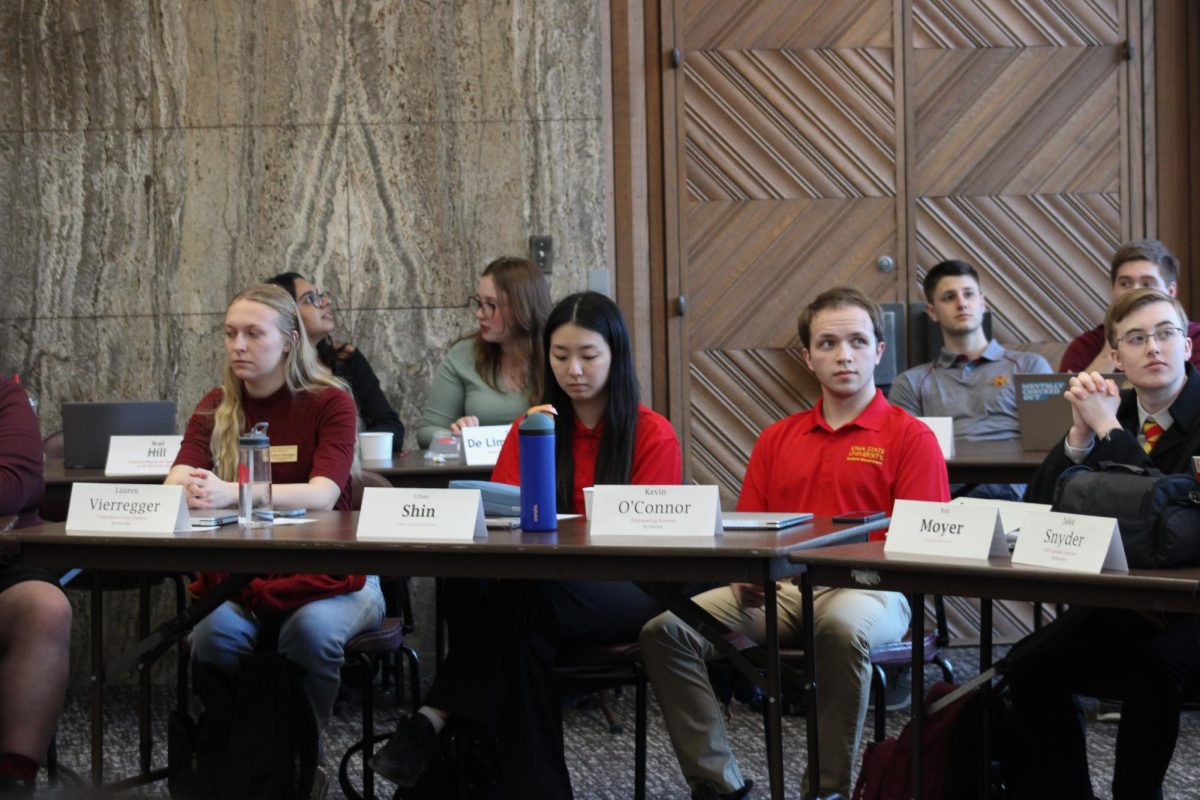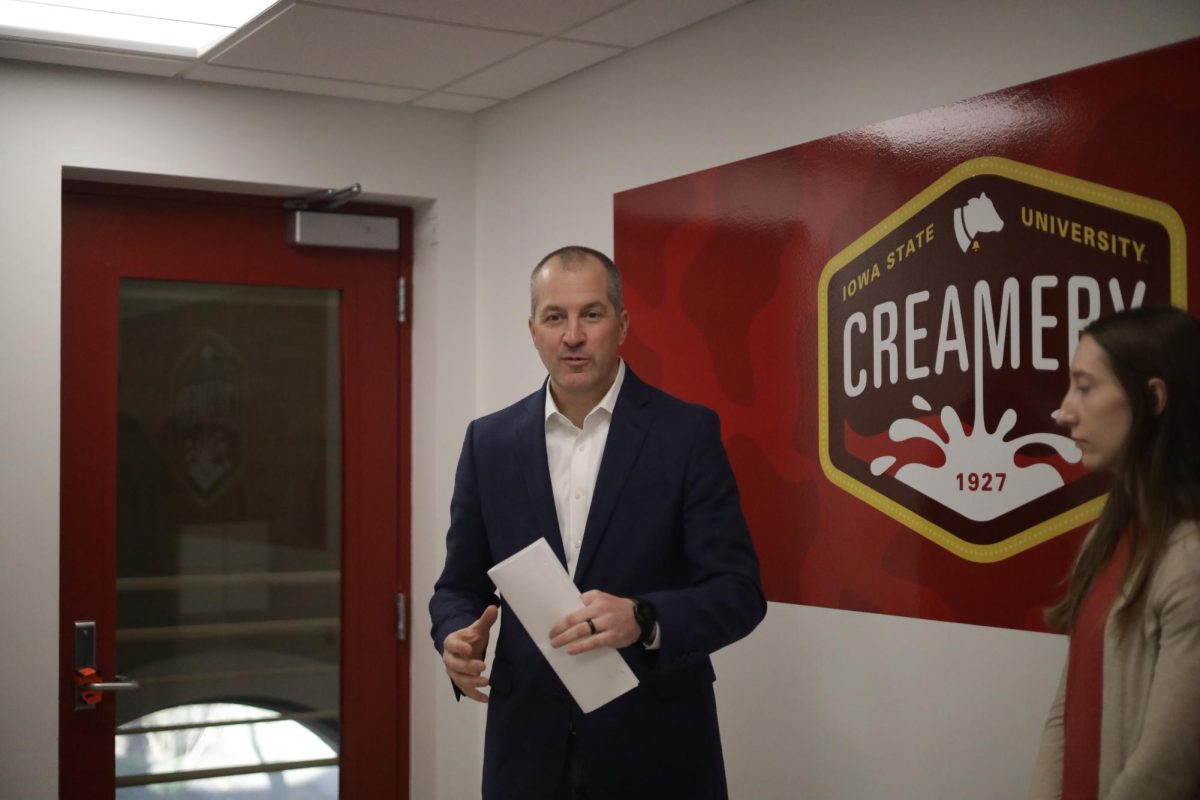Iowa State Athletic Director Jamie Pollard on the economic impact of Iowa State football
May 21, 2020
With the COVID-19 pandemic causing college sports cancellations in recent months, athletic departments are now feeling the financial burden of the lack of sports being played.
To avoid any more significant financial losses because of the pandemic, schools are emphasizing that the college football season needs to happen if it doesn’t threaten the safety of the public or anyone involved with the university.
“If football can’t be played and we can’t have some fans in the stands, the financial hit is so significant that it will impact other sports,” said Jamie Pollard, Iowa State athletic director, in Wednesday’s Virtual Cyclone Tailgate Tour. “If we can’t get the football program up and running in fall, then we’ll be in a world of hurt.”
As a whole, college sports are a huge money-making industry.
Athletic programs make millions of dollars of revenue and Iowa State’s is no exception.
In February, the Cedar Rapids Gazette reported the Iowa State athletic department made $95.4 million in the last year.
According to Pollard, a lot of that money comes from the football program.
“Football generates 75-80 percent of our revenue, it is the engine that pulls the train,” Pollard said.
The university has already felt the effect of not being able to play some sports.
Pollard told the Iowa State Daily back in early April the athletic department had lost a lot of money because of cancellations caused by COVID-19.
“We lost 5 million total from not being able to play in both men’s and women’s Big 12 and NCAA basketball tournaments,” Pollard said.
Pollard also told the Daily back in April that of the athletic department, “25 percent of the workforce makes up 75 percent of the payroll” and “by not taking pay cuts and stopping bonuses, you’d have to drop four or five sports, drop all the units that support the head coaches, gutting the department piece by piece” and that it led to cuts in the athletic department’s salary of 10 percent across the board.
It was announced on Wednesday that the NCAA I Division Council gave the approval for athletes in football and both men’s and women’s basketball to return to campus for voluntary activities, beginning on June 1 depending on their state’s restrictions and if both their school and conference lift the suspension of athletic activities.
No announcement has been made about when Iowa State student-athletes can return.
Allowing the athletes in these three sports to come back could be the first step into getting sports back on schedule, if you will, but it could all change in a matter of weeks or even days.
No one knows for sure if the fall sports season will start on time, but Pollard is optimistic they (specifically football) will.
Pollard stated Wednesday he “fully anticipates that we will be playing a football game on September 5 at Jack Trice Stadium” and recognizes COVID-19 may cause games to have to be played in front of stadiums that are half full.
While every sport is important, the fall sport many people have talked about needing to start on time has been football, and according to Pollard, the athletic department appears to recognize that.
“What’s good with our staff is that our culture is good enough with our coaches from other sports that we can sit down and talk with an open dialogue about that issue and have them know that we care about them from the bottom of our heart,” Pollard said. “We want to have them — athletes and coaches from other sports — know that we care about them; their ability to compete is contingent upon football playing.”







